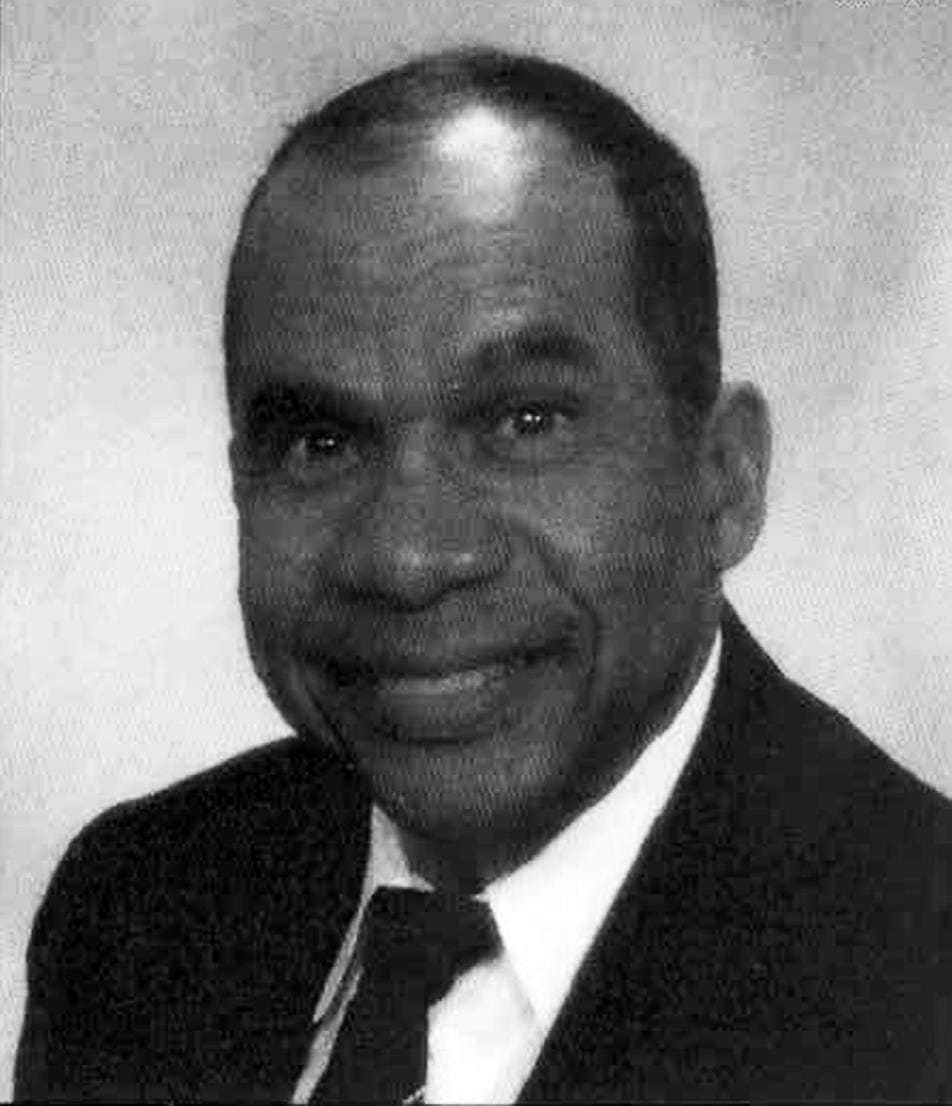
The early 1970s was a time of social activism in the United States, when the civil rights and anti-war movements galvanized the nation. The Agency had come under increased criticism from Congress, and public and private institutions were putting substantial pressure on the Agency to change its culture and operations.
It was against this backdrop that CIA Director William Colby called Omego J.C. Ware, Jr. into his office. He had a special assignment for the Agency’s “Jackie Robinson of Intelligence”: To become the first director of the Office of Equal Employment Opportunity (OEEO) at CIA.
This was just one of many milestones for Omego, who demonstrated strong leadership, professionalism, and a dedication to service over the course of an extensive career in both military and civilian intelligence.
Omego had great and enduring impact on the Agency. He was an outstanding intelligence officer and champion for diversity as an essential component of a truly effective national intelligence agency.
The Disappointment of Being “First”
Omego grew up in Washington, DC in the 1930s. Joining the US Army in the 1940s, Omego became an Infantry Intelligence and Reconnaissance Chief and later spent six years in US Army, European Command’s Theater-Level intelligence unit. Following his military stint overseas, Omego was assigned state-side where he served as a counter-intelligence officer in the continental US.
Omego joined the CIA in October 1955. At the Agency, as in the military, he was usually the first African American in each of his assignments.
Initially assigned to CIA’s Office of Operations in the Directorate of Intelligence (now known as the Directorate of Analysis), Omego progressed rapidly in responsibility and grade because of his thorough knowledge of the Soviet Union and its military establishment, and his skill in translating and exploiting Russian language materials.
His keen analytic skills and exceptional grasp of Soviet issues enabled him to lead numerous components and projects, as well as make multiple presentations to senior leaders and contributions to the (then) Board of National Estimates. Omego also served in a series of leadership assignments in the Office of Strategic Research and received praise for his exceptional work.
As Omego rose through the ranks, he felt pride at being the first African American to break through racial barriers in his assignments, but he also felt disappointed. He was acutely aware that other talented minorities, if given the opportunity, could have made an equal, or perhaps greater, contribution to the mission of the Agency. He believed the Agency’s culture was holding it back.
Changing Traditional Mindsets
In 1975, DCI Colby asked Omego to create an independent OEEO in the CIA. A few years earlier, a government-wide EEO program was established. At the time, CIA’s record on employment of African Americans was acknowledged as one of the worst in the US government.
In an interview with CIA Historians in 1998, Omego recalled how difficult the 1970s were in the history of the nation and at CIA. “During the Civil Rights Movement,” said Omego, “they were competing against signs that said, ‘sit in the back of the bus’ and ‘Whites Only.’ When you take the signs down, you can say you won the battle. There are no signs today. All the signs are in the hearts and heads of those who perpetrate inequalities against their fellow citizens, however subtly they do it.”
Omego began leadership lectures explaining how this national reality demanded a CIA team that mirrored both the US and the world’s people and cultures. It was essential to understanding our nation and to carrying out the Agency’s mission.
Under Omego’s leadership, CIA began its first significant effort to update Agency policies and practices to increase the presence of minorities and women in the analytic, operational, and technical ranks of the Agency. Omego was one of the first to impress upon Agency managers that the pursuit of equitable diversity was not only right and effective but the professional thing to do.
Additional barriers were broken when Omego became the first African American member of the Agency’s Executive Committee and a charter member of the Senior Intelligence Service.
Omego’s final Agency assignment was as the Director of the Center for the Study of Intelligence. In 1982, Omego retired from the CIA.
In 1997, the CIA established the Trailblazer Award to recognize CIA officers who, by their actions, example, innovations or initiative, have taken the CIA in important new directions and helped shape the Agency’s history. Omego Ware was chosen as one of the original 50 CIA Trailblazers.

